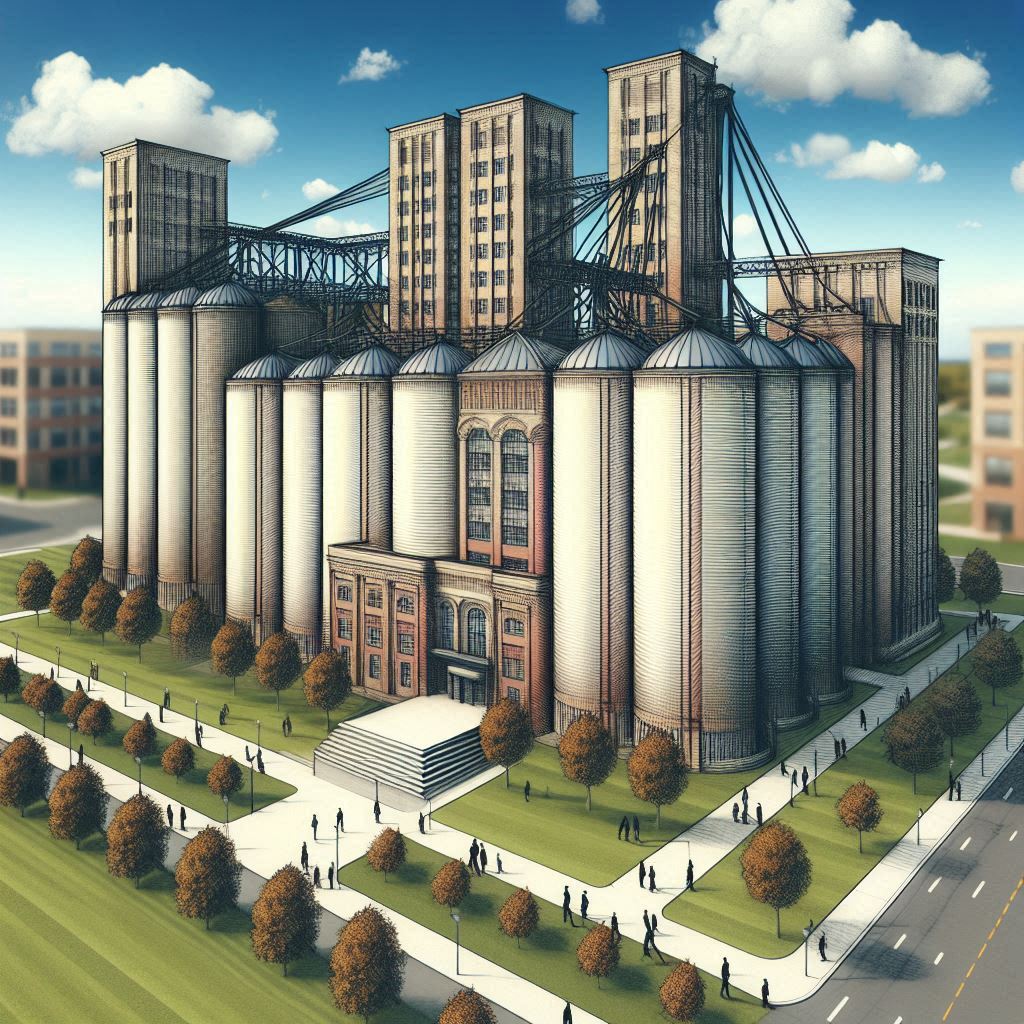Silos are everywhere in higher education – and not just out in bucolic pastures in the Great American Heartland.

I have always believed that disciplinary and functional silos are, ultimately, the bane of every institution’s existence and a major contributor to its possible or eventual downfall.
Why?
Because they both represent and are sustained by an unhealthy overlap of ego, identity, function, and privileged responsibility.
Silos ultimately create and reinforce an us-versus-them mentality that is detrimental to the type of institutional culture that will allow our colleges and universities to flourish in the 21st century.
Silos separate faculty from staff and both faculty and staff amongst each other; they pit discipline, rank, title, and job duties against each other – all of which feed into a skewed perception of competence that severely disadvantages many of those who know best what students and the institution need to succeed. They stifle workflows and the execution of interrelated processes and grind them to a halt, negatively affecting all who rely on the outcome of this work – be it academic or not.
Yes, disciplinary and functional silos exist for a reason. But like the mountains of organizational debt we are dealing with (and suffocating under), most of them may once have served a purpose but have since long outlived their usefulness.
However, given the staggering complexities of today’s world and the ever-shifting and often unpredictable vagaries of higher ed enrollment, funding, growing politization, and tainted societal image, silos do the opposite of what they may once have been designed to do: Instead of providing stability and establishing clear lines of responsibility and expertise in hopes of increasing efficiencies, they limit or even eliminate our institutions’ ability to remain agile, react in meaningful ways to changing environments, adapt to fluid expectations by students, parents, business, and politics, and assert their rightful place in society.
This is why I was so encouraged by the title of a recent article in HigherEdJobs. And while – for my taste, at least – this piece doesn’t go far enough and remains focused on admission and enrollment services, it acknowledges that working in higher education, by and large, “does suck right now.”
The authors, Rick Clark of Georgia Tech and Brennan Barnard at the Kahn Schools Network, continue:
“We’ve seen a continual erosion in public trust at the macro level, significant threats to tenure and academic freedom for faculty, unprecedented turnover and staff shortages, and countless examples of leadership failures and messy transitions either on our campus, at our alma mater, or at a prior or peer institutions.” Therefore, they argue, “campus must stop working in silos and create synergy around the work [of admission and enrollment].”
I couldn’t agree more. I would also like to applaud them for addressing the plight of non-academic staff – a process that has dire long-term consequences on the viability of any institution yet often remains solidly wedged in the blind spot of most higher education leaders.
Silos can – in rare cases – be useful as they draw visible and invisible delineations between functional and academic entities on campus that help all members of the community navigate a complex institutional landscape.
But when silos keep human beings from engaging in meaningful work, going the proverbial extra mile, doing what is right by institutions and their constituents, and bringing their authentic selves to work, then they must be torn down.
“How do we do this?” you may think. Read what I have to say about transforming college and university administrative operations to be more human-centered and complexity-conscious while increasing efficiencies and improving institutional outcomes – and reach out! I’d love to help.
#collegesanduniversities #highered #highereducation #futureofwork #silos #organizationaldevelopment #organizationalchange #leadershipdevelopment #agileleadership

